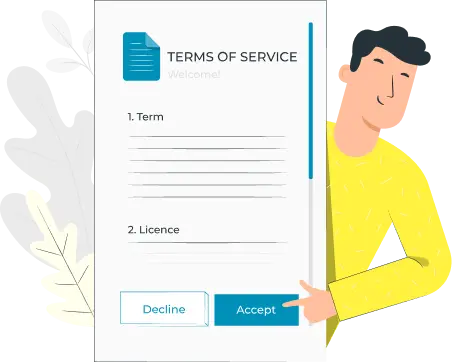Minimum wage is the lowest hourly, daily, or monthly remuneration that employers are legally required to pay their workers. It serves as a safety net, ensuring that all workers receive a basic level of income to meet their essential needs and maintain a decent standard of living. Minimum wage laws vary across countries and regions, reflecting local economic conditions and social priorities.
Minimum wage provides a baseline income, ensuring that workers can afford basic necessities such as food, shelter, and clothing. By establishing a minimum level of earnings, it helps protect workers from income insecurity and supports their ability to meet essential living expenses, contributing to overall economic stability and fairness in the labor market.
Minimum wage can help lift low-income workers out of poverty and reduce income inequality. By providing a guaranteed level of earnings, it ensures that workers receive a fair income that supports their basic needs, contributing to a reduction in poverty rates and a more equitable distribution of income across society.
Fair compensation can lead to increased job satisfaction, motivation, and productivity. When employees feel they are paid fairly for their work, they are more likely to be engaged and motivated, which in turn boosts their overall productivity and performance. This positive relationship between compensation and work output fosters a more productive and satisfied workforce.
Offering competitive wages, even at the minimum level, can help attract and retain skilled workers. Competitive compensation makes a job more appealing and can reduce turnover by ensuring employees feel valued and fairly rewarded. This strategy helps organizations build a talented and stable workforce, contributing to long-term success and continuity.
Fair compensation can contribute to lower employee turnover rates, which helps save on hiring and training costs. When employees feel they are fairly compensated, they are more likely to remain with the company, reducing the need for frequent recruitment and onboarding. This stability not only enhances organizational efficiency but also fosters a more experienced and cohesive team.
Companies that pay fair wages are often viewed more favorably by consumers and potential employees. Offering competitive compensation enhances the company's reputation as a responsible and ethical employer, attracting talent and fostering customer loyalty. A positive reputation for fair pay can also differentiate the company in the marketplace and contribute to overall brand strength.
Stay up-to-date on minimum wage laws and regulations in your region, as these laws can change periodically. Regularly reviewing and monitoring updates ensures that your organization remains compliant with current legal requirements, avoids potential penalties, and maintains fair compensation practices.
Factor minimum wage increases into your annual budget to ensure you can meet your payroll obligations without impacting other business areas. By planning for these changes in advance, you can manage financial resources effectively, maintain operational stability, and accommodate wage adjustments without disrupting overall business performance.
Clearly communicate any changes in minimum wage to your employees. Transparency helps build trust and maintains a positive work environment, ensuring that employees are informed about their compensation and any adjustments that may affect their pay. Open communication fosters a supportive atmosphere and reinforces your commitment to fair and equitable practices.
While meeting the legal minimum wage is essential, consider offering wages above the minimum to attract and retain top talent and boost employee morale. Providing competitive pay beyond the minimum can enhance job satisfaction, increase motivation, and differentiate your company in the job market. This approach not only helps build a more skilled and dedicated workforce but also demonstrates a commitment to valuing employees' contributions.
Investing in employee training and development can help increase productivity and justify higher wages. By enhancing employees' skills and competencies, you not only boost their performance but also add value to their roles, making the investment in higher wages more sustainable and beneficial for both the company and its employees. This focus on development can also improve job satisfaction and retention.
Minimum wage is a cornerstone of fair labor practices, ensuring that all workers receive a basic level of income to support themselves and their families. By adhering to minimum wage laws and considering strategies to go beyond the minimum, employers can create a positive and productive work environment while contributing to a more equitable society.
Disclaimer: This article and all information in it is provided for general informational purposes only. It does not, and is not intended to, constitute legal or tax advice. You should consult with a qualified legal or tax professional for advice regarding any legal or tax matter and prior to acting (or refraining from acting) on the basis of any information provided on this website.
Choose Glints TalentHub as your partner in Southeast Asia.
Building your Team in
Southeast Asia with Glints' EOR Service

Rapid
Team Setup
Launch Southeast Asian operations in a week for a seamless start

Full Suite of HR Offerings
Launch Southeast Asian operations in a week for a seamless start

Guaranteed 100% Compliance
Ensure total HR and legal compliance with expert local guidance

Dedicated & Immediate Support
Get quick, dedicated HR support within 24 hours